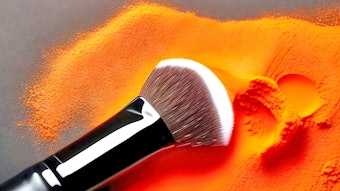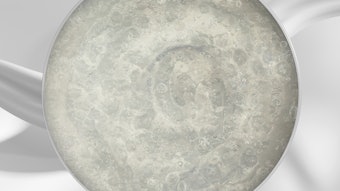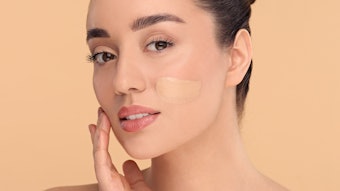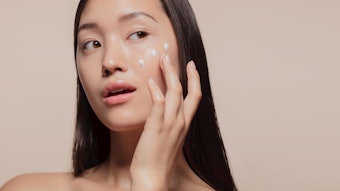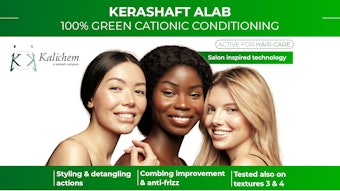Researchers at Hallym University in the Republic of Korea have discovered an antioxidant that may prevent collagen destruction and inflammatory response caused by skin exposure to UVB. According to a report by Medical Research News, ellagic acid is an antioxidant found in numerous fruits, vegetables and nuts, especially raspberries, strawberries, cranberries and pomegranates, and its topical application may prevent the formation of wrinkles. Some studies also suggest it may have a photo-protective effect.
Ji-Young Bae, a graduate student in the laboratory of Dr. Young-Hee Kang, presented results of the two-part study on April 21, at the Experimental Biology 2009 meeting in New Orleans. The presentation was part of the scientific program of the American Society for Nutrition and the work showed that, in human skin cells, ellagic acid worked to protect against UV damage by blocking production of matrix metalloproteinase (MMP) and by reducing the expression of ICAM, a molecule involved in inflammation. Co-authors on the study were Jung-Suk Choi, Sang-Wook Kang, Dong Shoo Kim and Jung Lye Kim. The research was supported by the Korea Research Foundation and Brain Korea 21.
The researchers used four week-old, male, hairless mice to test this theory. Twelve mice were exposed to increasing UV radiation 3 times per week for 8 weeks, beginning at a level sufficient to cause redness or sunburn, and increasing to a level that would cause minor skin damage to human skin. During this time, half of the exposed mice were given daily 10 microM topical applications of ellagic acid on their skin, even on the days in which they did not receive UV exposure. The other mice, also exposed to UV light, did not receive ellagic acid. Six mice served as controls, with neither UV exposure nor ellagic acid.
The mice exposed to UV radiation without the ellagic acid treatment developed wrinkles and thickening of the skin, whereas the exposed mice treated with ellagic acid showed reduced wrinkle formation, leading the researchers to report that ellagic acid reduced inflammatory response and MMP secretion due to protection from the degradation of collagen. They also found the ellagic acid to help prevent an increase of epidermal thickness.




